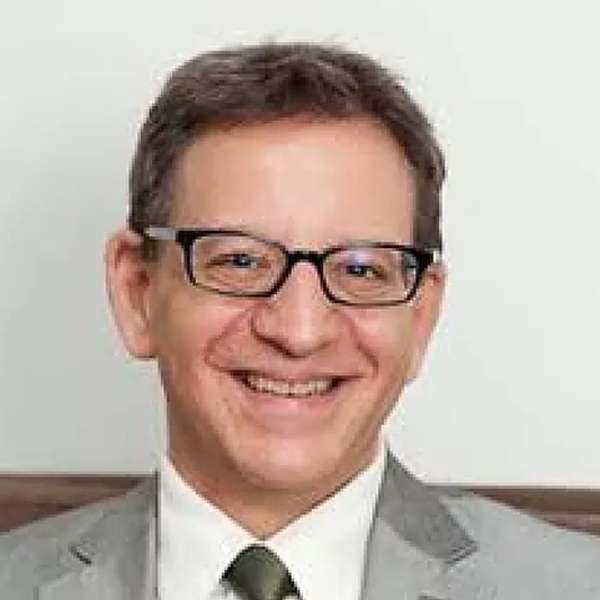
Flourishing After Addiction with Carl Erik Fisher
Addiction psychiatrist and bioethicist Carl Erik Fisher explores addiction and recovery from science to spirituality, from philosophy to politics, and everything in between. He interviews leading experts in areas such as psychology, neurobiology, history, sociology, and more--as well as policy makers, advocates, and people with lived experience.
A core commitment of the show is we need more than medicine to truly understand addiction and recovery. The challenges and mysteries of this field run up against some of the central challenges of human life, like: what makes a life worth living, what are the limits of self control, and how can people and societies change for the better? These are enormous questions, and they need to be approached with humility, but there are also promising ways forward offered by refreshingly unexpected sources.
There are many paths to recovery, and there is tremendous hope for changing the narrative, injecting more nuance into these discussions, and making flourishing in recovery possible for all.
Please check out https://www.carlerikfisher.com to join the newsletter and stay in touch.
Flourishing After Addiction with Carl Erik Fisher
From Psychoanalysis to Psychedelics: Therapy for Addiction, with Dr. Jeffrey Guss
Dr. Jeffrey Guss sits at one of the most fascinating and unusual intersections in all of mental health: between psychoanalysis, addiction treatment, and psychedelic psychotherapy. I wanted to have someone on the show to talk more about the “paradigm-shifting” nature of psychedelic psychotherapy: what that means exactly, and at a macro level, how this kind of therapy might provide some perspective on our current paradigms, like other forms of psychotherapy or mutual help groups. I also know Jeff to be an expansive and enthusiastic teacher with great love for these subjects, so it was a delight to reconnect with him on this episode of Flourishing After addiction.
Jeff talks about his own experience with psychedelics and what drew him to psychoanalysis and addiction. He gives cautions about people who point to Michael Pollan’s work and say, “I’ll have what he’s having” (a la Harry Met Sally). We also discuss the neuroscience of psychotherapy and the neuroscience of psychedelics, but we also talk about moving past the “chemical imbalance” or “broken brain” formulations of addiction to think more about spiritual and existential dimensions of treatment. And, Jeff gives his practical advice for anyone wondering about whether psychedelic psychotherapy is right for them, for addiction or otherwise--including some really important cautions.
Jeffrey Guss, MD, is a psychiatrist, psychoanalyst, and researcher with specializations in psychoanalytic therapy, addictions and psychedelic therapy. He was Co-Principal Investigator and Director of Psychedelic Therapy Training for the NYU School of Medicine’s study on psilocybin-assisted psychotherapy in the treatment of cancer related existential distress, as well as a study therapist on studies of psilocybin-assisted treatment of Major Depressive Disorder and MDMA-assisted Psychotherapy for PTSD. Dr. Guss is interested in the integration of psychedelic therapies with contemporary psychoanalytic theory and has published in Studies in Gender and Sexuality and Psychoanalysis, Culture and Society. He maintains a private practice in New York City.
In this episode:
- NYU Psychoanalytic Center
- About sexual abuse in psychedelics: Psymposia ; Power Trip from Vox Media / New York Magazine ; CBC ; Psychedelic therapy has a sexual abuse problem
- Albert Hoffman’s 100th birthday conference
- Dr. Steve Ross’s psychedelic research
- Natural Mind, by Andrew Weil – (Preface and Chapter 1 free online)
- Psilocybin for Alcohol Use Disorder trial at NYU
- Fischman article: Seeing Without a Self
- Fluence
Sign up for my newsletter and immediately receive my own free guide to the many pathways to recovery, as well as regular updates on new interviews, material, and other writings.